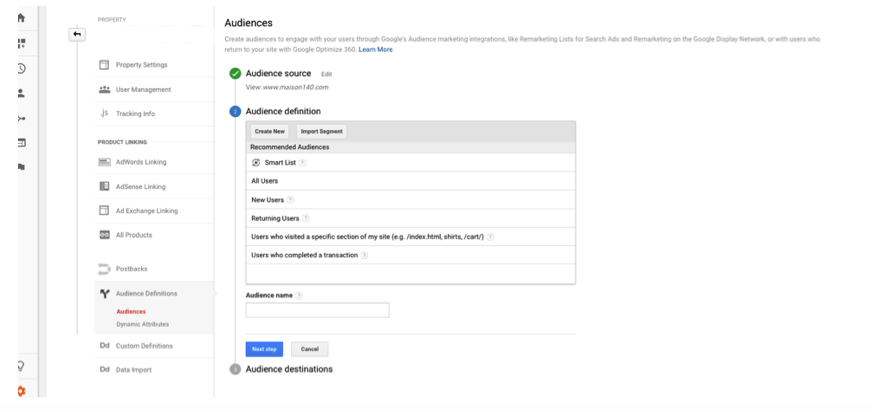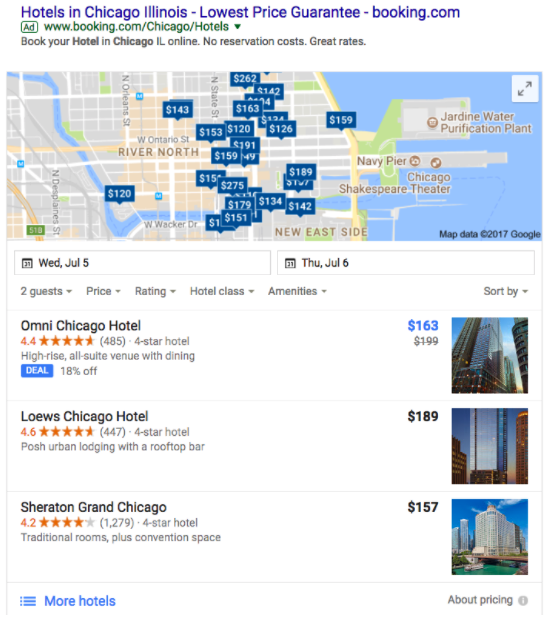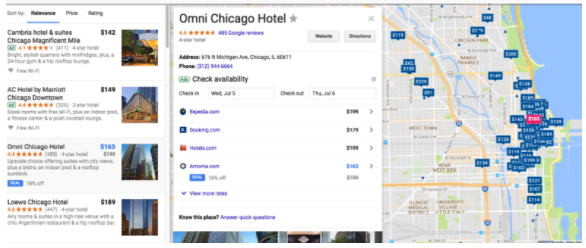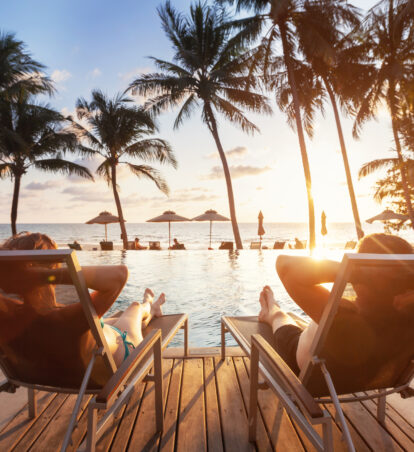Why Your Hotel Needs Remarketing Lists for Search Ads
The continued climb in cost per acquisition means your hotel’s digital marketing budget needs to be working harder and more efficiently than ever before. Your digital marketing agency should be obsessed with finding the most cost effective methods to optimize their efforts (and your budget) across all media channels. One of the more exciting and fruitful targeting options to be released by Google this decade comes in the form of retargeting for search campaigns. Officially called remarketing lists for search ads (RLSA for short), creating a remarketing audience list for your hotel’s paid search campaigns is now essential for optimization because it allows you to reengage with previous visitors to your website, which has proven to improve conversion rates and overall return on ad spend for your budget.
First, let’s start with the basics:
How to Set up Custom Audiences for Your Remarketing Lists for Search Ads
We recommend building audience lists in Google Analytics instead of Google Adwords since it gives you a far greater selection of criteria to choose from when building your audience segments. Once you are logged in, just follow the steps below:
- Go to the Admin tab and navigate to the property for whom you want to create the audience
- Click Audience Definitions > Audiences > + New Audience
- Define Your Audience
- You can choose from a number of different audience definitions:
- Smart List
- All Users
- New Users
- Returning Users
- Users Who have visited a specific section of my site/app
- Users who completed a transaction
- You can choose from a number of different audience definitions:

You can create unique audience lists based on user behavior on your site and then use those lists for future remarketing campaigns. Before you get started, there are a few things you should know about remarketing audience lists:
- Audience List Definition: a collection of people who have visited your site
- Audience lists are used for remarketing
- The membership of an audience list has a life span of up to 540 days
- The List needs to have at least 1000 people to target in paid search campaigns
What Audience Segments Can You Create?
The type of audience list you should set up will depend on your client’s objectives. The most common audience list is “all users” and if you’re new to retargeting or if you have low website visitors, this is where you should start. This is comprised of any visitor to your website. The real magic and excitement in RLSA audiences comes when you can refine your audience down to more specific lists. Ideas include:
- All website visitors that have converted in the past X number of days (exclude them from your campaigns – if they just booked a hotel room, you probably don’t want to spend money continuing to market to them)
- Website visitors to a specific page on your site (such as a list of only visitors who have navigated to a page about weddings)
- Visitors who have come to the site a specific number of sessions (pick the session number it usually takes to achieve a booking)
- Website visitors that match a specific demographic – such as gender or age specific
- Visitors that are on a specific device – mobile, desktop, tablet
- Visitors that enter the site from a specific source – for example only visitors that came from Facebook or your latest email campaign
To really target your most qualified users, you can segment this list down even further into specific users over a period of time that has not converted. Typically the more recently a user has visited your site, the more likely they are to convert.
- All Users Past 7 Days
- All Users Past 15 Days
- Cart Visitors
- Visitors of a certain page on your website
These lists will also allow you to set bid adjustments or remarket with a specific offer or ad set. For example, if a potential hotel guest made it all the way through the booking process but abandoned their shopping cart just before checking out, you could use your remarketing audience list to serve them a new add with an enticing offer in order to encourage them to book their reservation.
What’s the Best Way To Structure Your Campaigns & Assign Audiences?
How you choose to structure your campaign and assign your audience lists really comes down to your personal preference and how you want to manage your targeting settings. Below are a couple examples of how to do this.
- If you have a smaller budget to work with and can’t come up with extra funds for a dedicated campaign just for remarketing, you can attach audiences to campaigns as bid only. This will show your ads to members of your remarketing list in addition to the users who match whatever other targeting you currently have set up on the campaign
- If budget isn’t a hindering factor and you get a good amount of traffic to your website, then you can create remarketing campaigns for all of your custom remarketing audiences you built in Google Analytics and set bid adjustments based on priority and performance
In the hotel marketing industry, we have seen great results when utilizing remarketing lists for search ads. After reviewing data from multiple clients, we have found that they helped decrease average CPC ‘s by 16% while increasing average CTR’s by 62% and ROAS and Conversion Rates by over 100%. To learn more about our internal findings of the benefits of audience lists read our blog post about it.
Need help getting started with remarketing lists for search ads? Reach out to GCommerce today.





